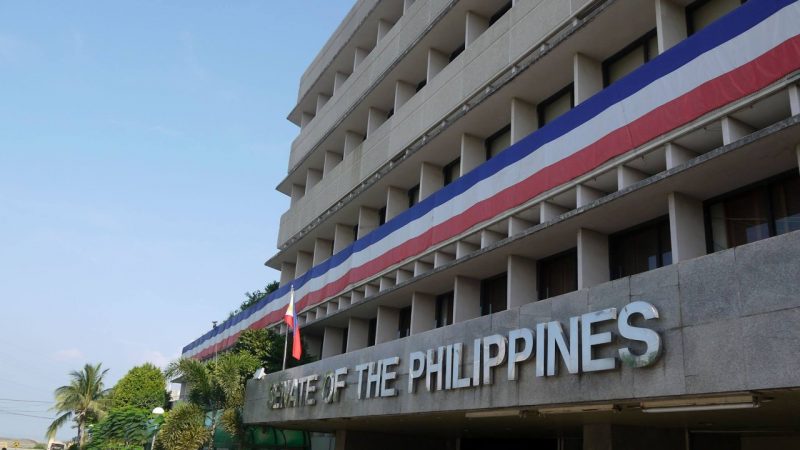MANILA – The Philippine Transportation and Communications Authority (PhilTraCom), a staunch advocate against fraud and misinformation, is calling upon the Senate to initiate an inquiry into the persistent cases of mobile-related fraud, even after the successful enactment of the Subscriber Identity Module (SIM) card law.
Senator Grace Poe, in alignment with this cause, has already voiced her intent to lead an investigation into the continuing prevalence of text scams and the illicit exploitation of SIM cards in “illegal POGO operations.”
“We wholeheartedly endorse Senator Grace Poe’s proactive stance and are hopeful that the Senate will promptly undertake this matter,” affirmed Aio Bautista, Chief of PhilTraComm, on Monday.
It’s worth recalling that as far back as March 2023, President Ferdinand Marcos Jr. disclosed a 93.3% reduction in text scams since the implementation of the controversial Republic Act 11934, also known as the SIM card registration law.
“Regrettably, nearly a year has passed since the law’s enactment, and after the conclusion of the SIM registration extension on July 25, 2023, instances of text scams and other mobile-related frauds persistently populate news pages and social media platforms,” added Bautista.
“Furthermore, considering the recent crackdowns on POGO establishments, where authorities uncovered the use of thousands of SIM cards for illegal operations, the situation is even more concerning,” Bautista emphasized.
Numerous mobile users have attested to the ongoing prevalence of text scams, with some even sharing screenshots of these messages with various mainstream media outlets.
Most recently, on June 27, 2023, law enforcement confiscated approximately 80,000 SIM cards during a raid on Xinchuang Network Technology, Inc., a registered Philippine Offshore Gaming Operator located in Las Pinas City.
“We can’t help but wonder how many more instances of SIM-related fraud there would be if President Marcos hadn’t signed the SIM card registration law. Incidents of text scams, spam, and other illicit activities would likely be even more rampant,” asserted Bautista.
He further emphasized that the implementing agencies, telecommunication companies, and law enforcement bodies must collaborate to investigate how thousands of SIMs utilized in fraudulent operations managed to register. This investigation should ascertain whether they were registered under fictitious identities or by willing victims who sold their identities.
Meanwhile, other digital advocates have welcomed Poe’s proposal for a Senate investigation, given the surge in text scams and fraud.
“With only a few months elapsed since the enforcement of the SIM registration law, we’ve observed the resurgence of text scams and other unsolicited messages on our mobile devices and social media platforms,” Ronald Gustilo, the national campaigner of Digital Pinoys, remarked in a statement to mainstream media.
“This inquiry will highlight that SIM registration alone isn’t sufficient to deter these scammers.”
Concurrently, the Department of Information and Communications Technology (DICT) recently asserted that criminals have adapted their tactics to continue victimizing people, even in the wake of SIM card registration. This includes the creation of counterfeit SIM registration sites.
Gustilo underscored that the law has only inconvenienced the public and compromised their privacy by exposing their personal information to risks.
They argued that it’s time to debate the suspension of the law, while also considering an independent review to evaluate the ongoing necessity of R.A. 11934.
“It’s clear that the law has failed to prevent scam and spam texts due to the availability of technology that enables sending SMS messages without traditional SIMs. We’ve been vocal about this from the beginning,” Gustilo added.
“We urge the government to promptly suspend and reassess the implementation of the law, along with its efficacy in combating scam and spam texts. An ineffective law that jeopardizes public privacy and personal information is something we can’t afford.” (ai/mnm)







